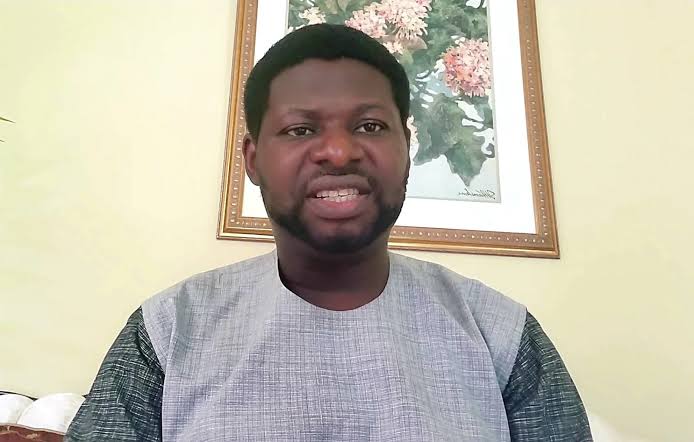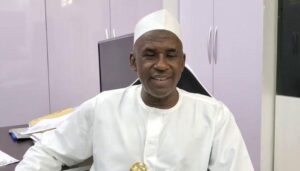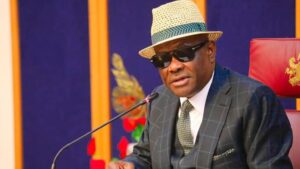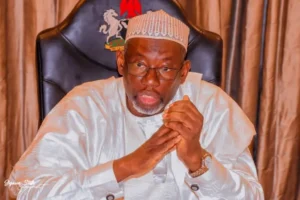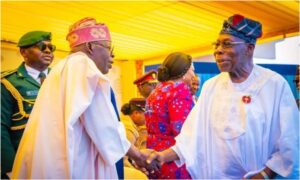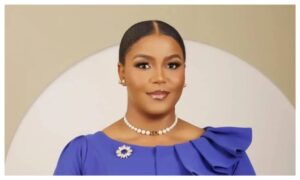In a troubling assessment of Nigeria’s electoral landscape, Pastor Adewale Giwa, the Senior Pastor of the Awaiting The Second Coming of Christ Ministry, has publicly condemned the ongoing monetization of elections. He asserts that what was once a fundamental democratic process has devolved into a system where the highest bidders dictate the outcomes, undermining the very essence of fair elections.
Pastor Giwa’s comments come in the wake of the Edo State governorship election, where Monday Okpebholo of the All Progressives Congress (APC) was declared the winner by the Independent National Electoral Commission (INEC). According to INEC, Okpebholo secured 291,667 votes, while Asue Ighodalo, the candidate from the Peoples Democratic Party (PDP), received 247,274 votes. However, the implications of this election extend far beyond the vote count.
In his interview with DAILY POST, Pastor Giwa expressed grave concerns about the role of electoral officials, suggesting that they have shifted from impartial overseers to active participants in a corrupted process. He stated, “Elections in Nigeria are now being monetized, while officials of the Independent National Electoral Commission are writing figures for the highest bidder.” This raises significant questions about the legitimacy of the electoral process and whether the will of the people is genuinely being represented.
The pastor’s assertion points to a growing sentiment among the Nigerian populace that elections are no longer about public choice but rather a selection by elites who manipulate the system. He lamented, “It is unfortunate that Nigeria finds herself in this mess. I hardly believe that there is an election again in Nigeria.” His remarks resonate with many who feel disillusioned by a system that seems to prioritize wealth over the voices of ordinary citizens.
Pastor Giwa highlighted a troubling trend: as the electoral process becomes increasingly monetized, ordinary Nigerians are losing interest in voting. He noted, “Politicians themselves are the ones voting. Nigerians who don’t belong to any political party are not interested in voting anymore.” This disengagement poses a significant threat to democracy, as it allows a small group of individuals to dictate the future of the nation without the input of the majority.
The pastor warned that if this trajectory continues, the consequences could be dire for Nigeria. “If this continues to happen, then I am sorry for what will befall Nigeria after the current generation,” he stated. This foresight reflects a deep concern for the future of Nigeria’s democracy and governance.
The views expressed by Pastor Giwa serve as a stark reminder of the challenges facing Nigeria’s democratic system. The need for electoral reforms and transparency has never been more urgent. Without significant changes to ensure fairness and accountability, the potential for further disenfranchisement and instability looms large.
As citizens become increasingly aware of the dynamics at play in their electoral system, the call for change grows louder. Engaging the populace in discussions about their rights and responsibilities is crucial for restoring faith in the democratic process.
Pastor Giwa’s commentary sheds light on the critical need for vigilance and action among both citizens and policymakers. A collective effort is necessary to reclaim the electoral process and ensure that it serves the interests of all Nigerians rather than a privileged few.
The concerns raised by Pastor Adewale Giwa regarding the monetization of elections in Nigeria highlight a pressing issue that requires immediate attention. As the nation grapples with the implications of this trend, it is imperative for citizens, civil society, and the government to work together towards a more transparent and equitable electoral system. Only then can Nigeria aspire to a true democracy where the voices of its people are heard and respected.
